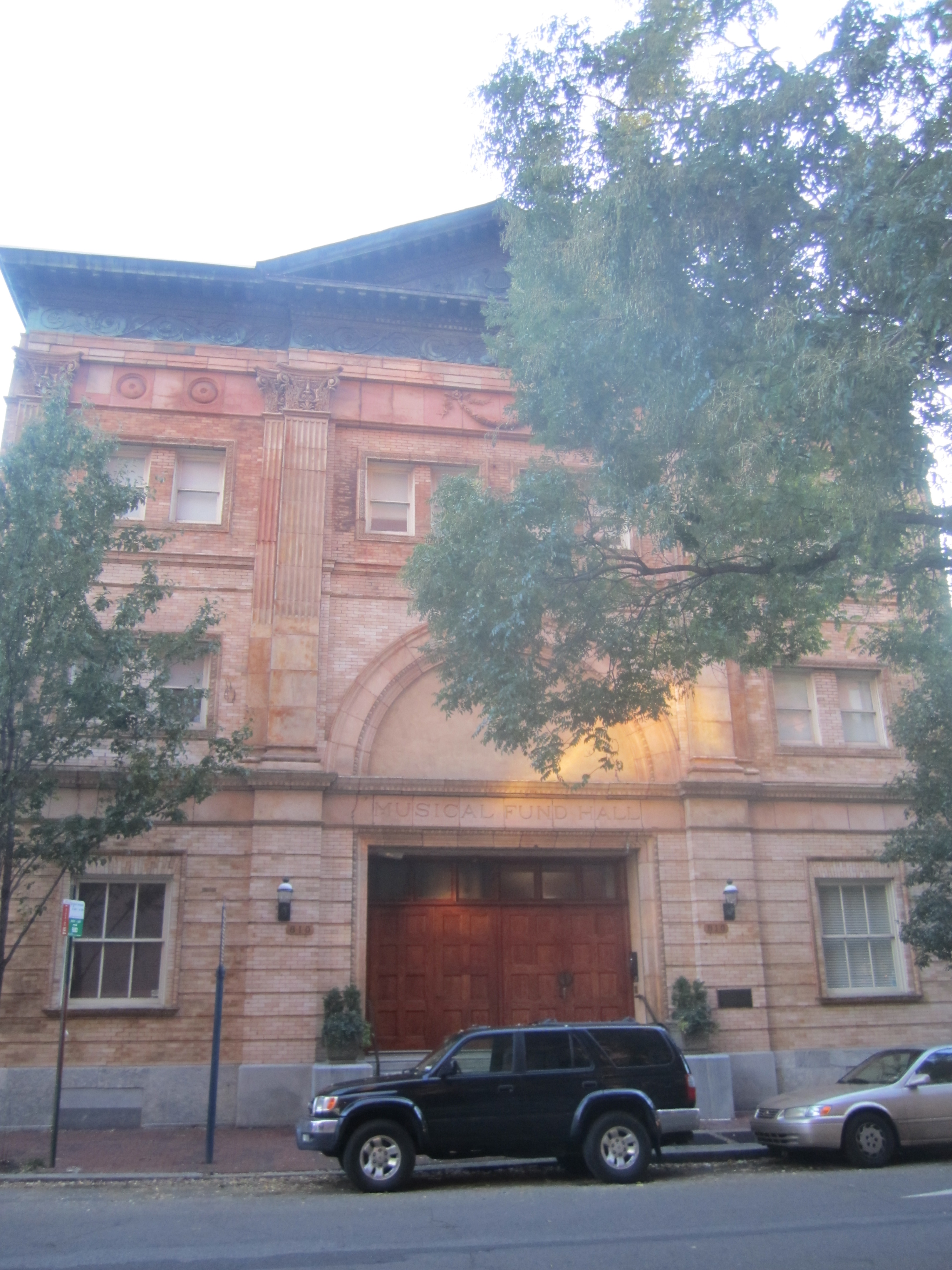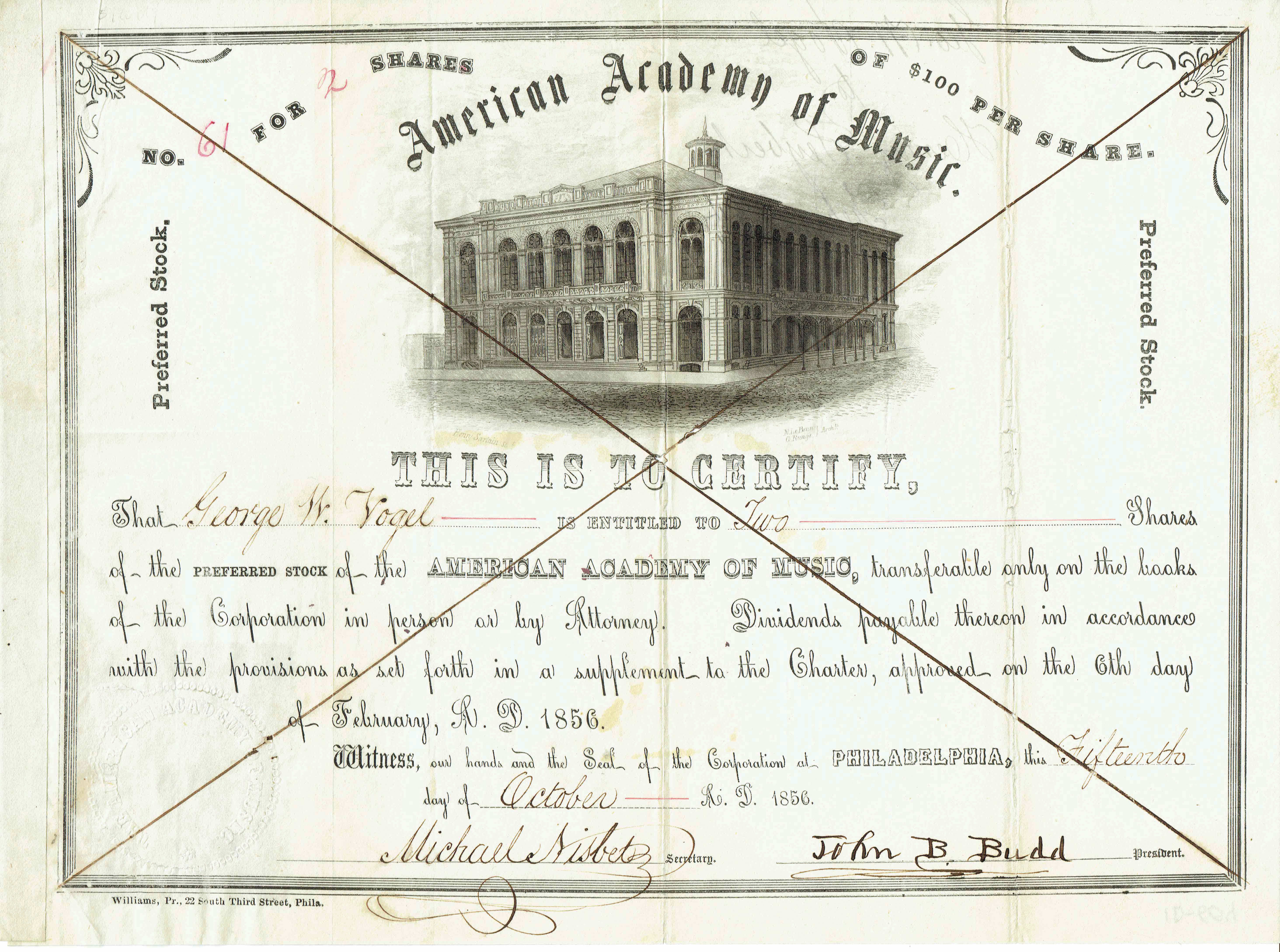|
Edward M. Zimmerman
Edward Moore Zimmerman, often given as E. M. Zimmerman, (January 9, 1859 – December 6, 1922) was an American bass (voice type), bass, composer, choir conductor, organist, and music educator. A longtime resident of Philadelphia, he was active as a church and concert singer in that city from the 1880s into the early years of the 20th century. He also worked as a voice teacher in Philadelphia, and held posts as a choir conductor and organist at several churches in that city. He was also a vocal music instructor at the Methodist Conference Seminary (now The Pennington School). He is best remembered as a composer of hymns, and for co-writing the suffragist anthem "Votes for Women: Suffrage Rallying Song" (1915) with his wife and frequent singing partner, the soprano Marie Kunkel Zimmerman. Early life and education Born on January 9, 1859, in Wilmington, Delaware, Edward M. Zimmerman was the son of Henry W. Zimmerman and Catherine A. Zimmerman (née Wyatt). He attended schools in his ... [...More Info...] [...Related Items...] OR: [Wikipedia] [Google] [Baidu] |
Votes For Woman, Suffrage Rallying Song
A vote is a formal method of choosing in an election. Vote(s) or The Vote may also refer to: Music *''V.O.T.E.'', an album by Chris Stamey and Yo La Tengo discography#Collaborations, Yo La Tengo, 2004 *"Vote", a song by the Submarines from ''Declare a New State!'', 2006 Television *The Vote (Dynasty 1983), "The Vote" (''Dynasty'' 1983), an episode *The Vote (Dynasty 1986), "The Vote" (''Dynasty'' 1986), an episode *The Vote (The Guardian), "The Vote" (''The Guardian''), an episode Other uses *Vote, Virginia, US, a community *''The Vote'', a 2015 play by James Graham *''The Vote'', a 1909-1933 newspaper of the Women's Freedom League *Vote.org, an American left-wing nonprofit organization *Votians, a Finno-Ugric people See also * *Voter (other) *Voting logic {{disambiguation ... [...More Info...] [...Related Items...] OR: [Wikipedia] [Google] [Baidu] |
Wilmington Daily Republican
Wilmington may refer to: Places Australia * Wilmington, South Australia, a town and locality **District Council of Wilmington, a former local government area **Wilmington railway line, a former railway line United Kingdom *Wilmington, Devon * Wilmington, East Sussex * Wilmington, Kent * Wilmington, Kingston upon Hull, East Riding of Yorkshire *Wilmington, Somerset *Lordship of Wilmington, an ancient manor in Kent in the parish of Sellindge United States * Wilmington, Los Angeles, California, a neighborhood * Wilmington, Delaware * Wilmington Hundred, New Castle County, Delaware *Wilmington, Greene County, Illinois * Wilmington, Will County, Illinois *Wilmington, Indiana *Wilmington, Kansas * Wilmington, Massachusetts ** Wilmington station (MBTA), commuter rail station ** Wilmington High School (Massachusetts) *Wilmington Township, Minnesota *Wilmington, Minnesota * Wilmington, New York, a town ** Wilmington (CDP), New York, the main hamlet in the town * Wilmington, North Caroli ... [...More Info...] [...Related Items...] OR: [Wikipedia] [Google] [Baidu] |
Gilbert And Sullivan
Gilbert and Sullivan was a Victorian era, Victorian-era theatrical partnership of the dramatist W. S. Gilbert (1836–1911) and the composer Arthur Sullivan (1842–1900), who jointly created fourteen comic operas between 1871 and 1896, of which ''H.M.S. Pinafore'', ''The Pirates of Penzance'' and ''The Mikado'' are among the best known.Davis, Peter G''Smooth Sailing'' ''New York'' magazine, 21 January 2002, accessed 6 November 2007 Gilbert, who wrote the libretti for these operas, created fanciful "topsy-turvy" worlds where each absurdity is taken to its logical conclusion; fairies rub elbows with British lords, flirting is a capital offence, gondoliers ascend to the monarchy, and pirates emerge as noblemen who have gone astray.Mike Leigh, Leigh, Mike"True anarchists" ''The Guardian'', 4 November 2007, accessed 6 November 2007 Sullivan, six years Gilbert's junior, composed the music, contributing memorable melodies that could convey both humour and pathos. Their operas have enj ... [...More Info...] [...Related Items...] OR: [Wikipedia] [Google] [Baidu] |
Grand Opera House (Wilmington, Delaware)
The Grand Opera House, also known as The Grand or Masonic Hall and Grand Theater, is a 1,208-seat theater for the performing arts in Wilmington, Delaware, United States. The four-story building was built in 1871 by the Delaware Grand Lodge of Masons to serve as a Masonic Temple and auditorium. The construction cost was $100,000. , The Grand website, accessed July 31, 2010 It was designed in style by Baltimore architect Thomas Dixon and incorporates symbolism from |
William Batchelder Bradbury
William Batchelder Bradbury (October 6, 1816 – January 7, 1868) was a musician who composed the tune to " Jesus Loves Me" and many other popular hymns. Biography He was born on October 6, 1816, in York, Maine, where his father was the leader of a church choir. He had a brother, Edward G. Bradbury. He moved with his parents to Boston and met Lowell Mason, and by 1834 was known as an organist. In 1840, he began teaching in Brooklyn, New York. In 1847 he went to Germany, where he studied harmony, composition, and vocal and instrumental music with the best masters. In 1854, he started the Bradbury Piano Company, with his brother, Edward G. Bradbury in New York City. William Bradbury is best known as a composer and publisher of a series of musical collections for choirs and schools. He was the author and compiler of fifty-nine books starting in 1841. In 1862, Bradbury found the poem " Jesus Loves Me". Bradbury wrote the music and added the chorus: "Yes, Jesus loves me, Yes, J ... [...More Info...] [...Related Items...] OR: [Wikipedia] [Google] [Baidu] |
Musical Fund Hall
The Musical Fund Hall in Philadelphia is a landmark building of both architectural and historic significance, noted especially for the illustrious persons who have spoken or performed there. It is perhaps best remembered as the setting for the first Republican National Convention, June 17–19, 1856. It was listed on the National Register of Historic Places in 1971. History Originally the building housed the First Presbyterian Church; it was converted into the largest musical auditorium in Philadelphia by William Strickland and opened in December 1824. Noted for its fine acoustics, the Hall was described in a newspaper review of the first concert: "The room is exceedingly neat, and its decoration does honor to the taste of Mr. Strickland, an architect of whom Philadelphia may be justly proud. It is one hundred and six feet long, sixty feet wide, and twenty-six feet high, and is admirably calculated for the conveyance of sound..." As it continued to serve as the leading concert h ... [...More Info...] [...Related Items...] OR: [Wikipedia] [Google] [Baidu] |
Jackson Of Exeter
William Jackson (29 May 1730 – 5 July 1803), referred to as Jackson of Exeter, was an English organist and composer. Life Jackson was born and died in Exeter, England, the son of an Exeter grocer, who later became master of the city workhouse. After receiving some musical instruction from John Silvester, organist of Exeter Cathedral, Jackson was sent in 1748 to London, to become a pupil of John Travers, organist to the Chapel Royal. In 1767 Jackson wrote the music for an adaptation of Milton's ''Lycidas'', which was produced at Covent Garden on 4 November of the same year, on the occasion of the death of Prince Edward, Duke of York and Albany, brother to George III. While in London, he was a visitor at the meetings of the Madrigal Society. On his return to Exeter Jackson devoted himself to teaching music until Michaelmas 1777, when he was appointed subchanter, organist, lay vicar, and master of choristers to the cathedral, in succession to Richard Langdon. Jackson's pupils in ... [...More Info...] [...Related Items...] OR: [Wikipedia] [Google] [Baidu] |
Academy Of Music (Philadelphia)
The Academy of Music, also known as American Academy of Music, is a concert hall and opera house located at 240 S. Broad Street in Philadelphia, Pennsylvania. Its location is between Locust and Manning Streets in the Avenue of the Arts area of Center City. The hall was built in 1855–57 and is the oldest opera house in the United States that is still used for its original purpose. Known as the "Grand Old Lady of Locust Street," the venue is the home of the Philadelphia Ballet and Opera Philadelphia. It was also home to the Philadelphia Orchestra from its inception in 1900 until 2001, when the orchestra moved to the new Kimmel Center for the Performing Arts. The Philadelphia Orchestra still retains ownership of the Academy. The hall was designated a National Historic Landmark in 1962.Charles E. Shedd Jr., et al. (December 1979) , National Park Service and History The Academy of Music held an inaugural ball on January 26, 1857. At the time ''The New York Times'' described ... [...More Info...] [...Related Items...] OR: [Wikipedia] [Google] [Baidu] |
Chautauqua
Chautauqua ( ) was an adult education and social movement in the United States, highly popular in the late 19th and early 20th centuries. Chautauqua assemblies expanded and spread throughout rural America until the mid-1920s. The Chautauqua brought entertainment and culture for the whole community, with speakers, teachers, musicians, showmen, preachers, and specialists of the day. Former U.S. President Theodore Roosevelt was quoted as saying that Chautauqua is "the most American thing in America." History The First Chautauquas In 1873, the first Chautauqua, Lakeside Chautauqua on Ohio's Lake Erie, was formed by the Methodists. The next year, 1874, the New York Chautauqua Assembly was organized by Methodist minister John Heyl Vincent and businessman Lewis Miller at a campsite on the shores of Chautauqua Lake in the state of New York. Two years earlier, Vincent, editor of the ''Sunday School Journal'', had begun to train Sunday school teachers in an outdoor summer school ... [...More Info...] [...Related Items...] OR: [Wikipedia] [Google] [Baidu] |
Philadelphia Times
''The Times'' was a daily newspaper published from March 13, 1875, to August 11, 1902, in Philadelphia, Pennsylvania. The paper was founded by Alexander McClure and Frank McLaughlin as an independent voice against party machine politics and corruption. Despite this, by the mid-1890s it had become aligned with the city's ruling Republican Party machine. The ''Times'', along with Philadelphia papers such as the ''Public Ledger'', the ''Press'', and the ''Evening Telegraph'' catered to a middle-class readership, and by 1880, it had the third-largest circulation in the city, with 32,500 copies sold daily. Though the ''Public Ledger'' maintained its circulation lead through the end of the 19th century, the ''Times'' effectively competed with its older rival, and in 1900 both papers claimed a daily circulation of about 70,000 copies. Adolph Ochs became proprietor and editor of the ''Times'' in 1901. The following year, he purchased the Philadelphia ''Public Ledger'' and merged the '' ... [...More Info...] [...Related Items...] OR: [Wikipedia] [Google] [Baidu] |
Mendelssohn Club
Mendelssohn Chorus of Philadelphia (formerly known as Mendelssohn Club of Philadelphia and Mendelssohn Club Chorus of Philadelphia) is a music institution in Philadelphia, Pennsylvania, founded in 1874 by William Wallace Gilchrist, a major figure in the 19th century music of Philadelphia. The chorus is currently under the direction of Dominick DiOrio Dominick DiOrio (born 1984) is an American composer and conductor. He is Professor of Music (Choral Conducting) at the Indiana University Jacobs School of Music and serves as the conductor of NOTUS, the Contemporary Vocal Ensemble, the fourth p ... (2020- ). It was previously directed by Paul Rardin from 2015 to 2020, chair of the department of choral conducting at Temple University. Prior to Rardin's appointment, the chorus was led by Alan Harler from 1988 to 2015. Discography * Mendelssohn: ''A Midsummer Night's Dream'' (Eugene Ormandy recording) References External links * Music organizations based in the Unit ... [...More Info...] [...Related Items...] OR: [Wikipedia] [Google] [Baidu] |

.jpg)


.jpg)